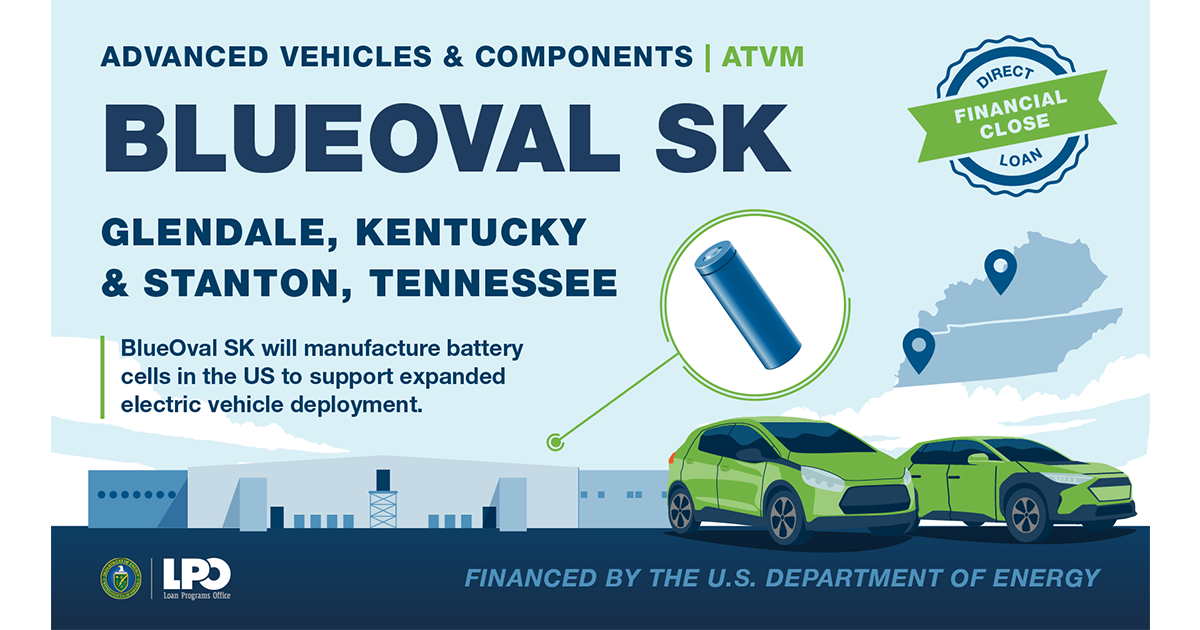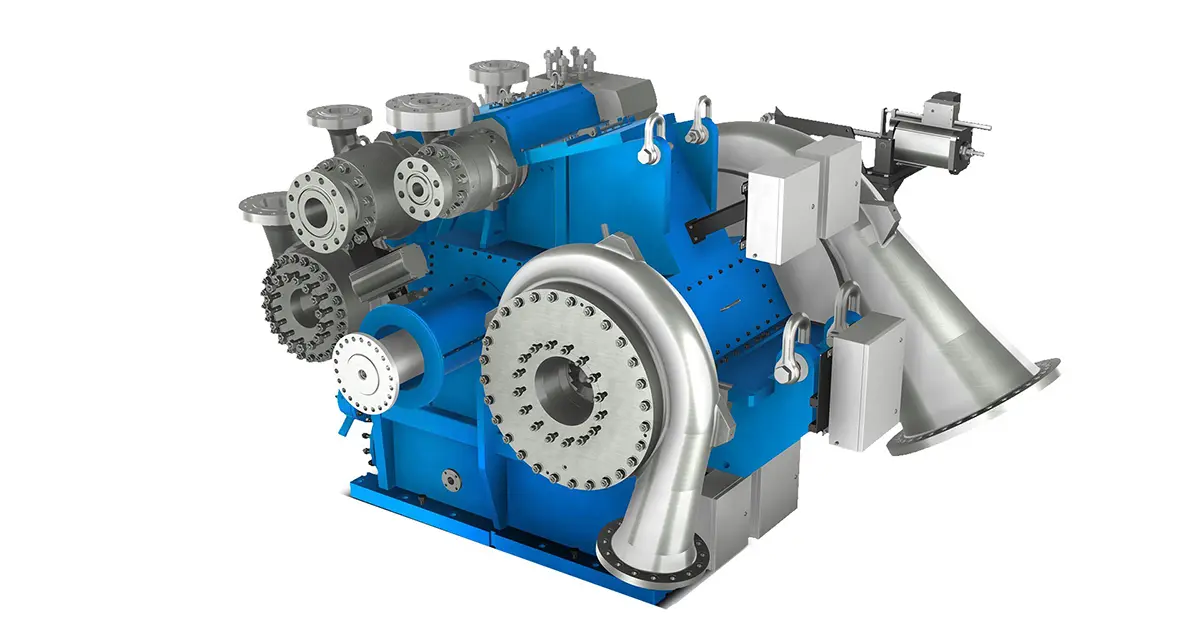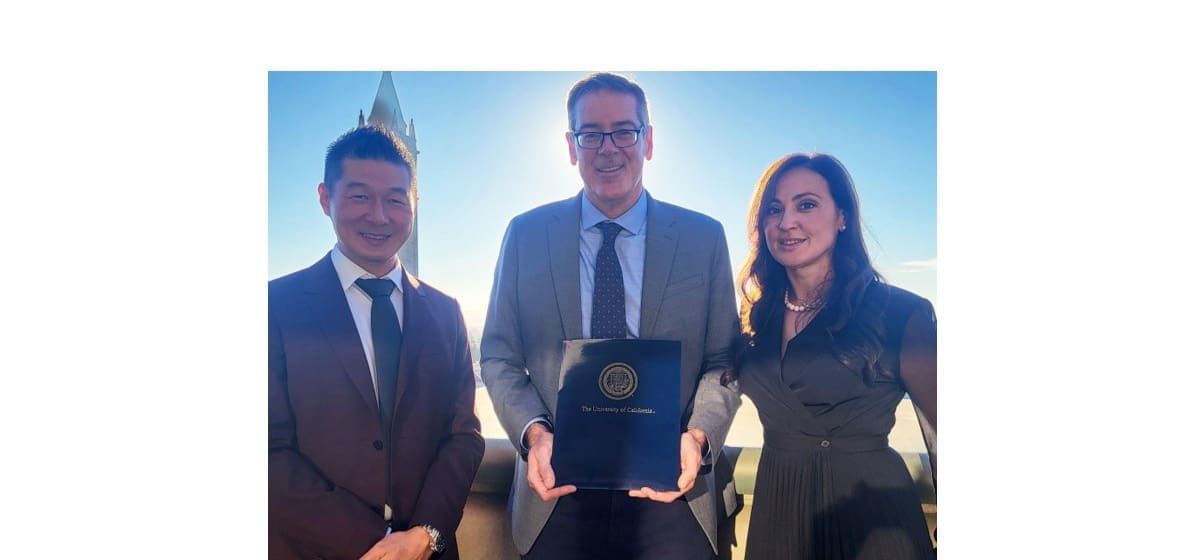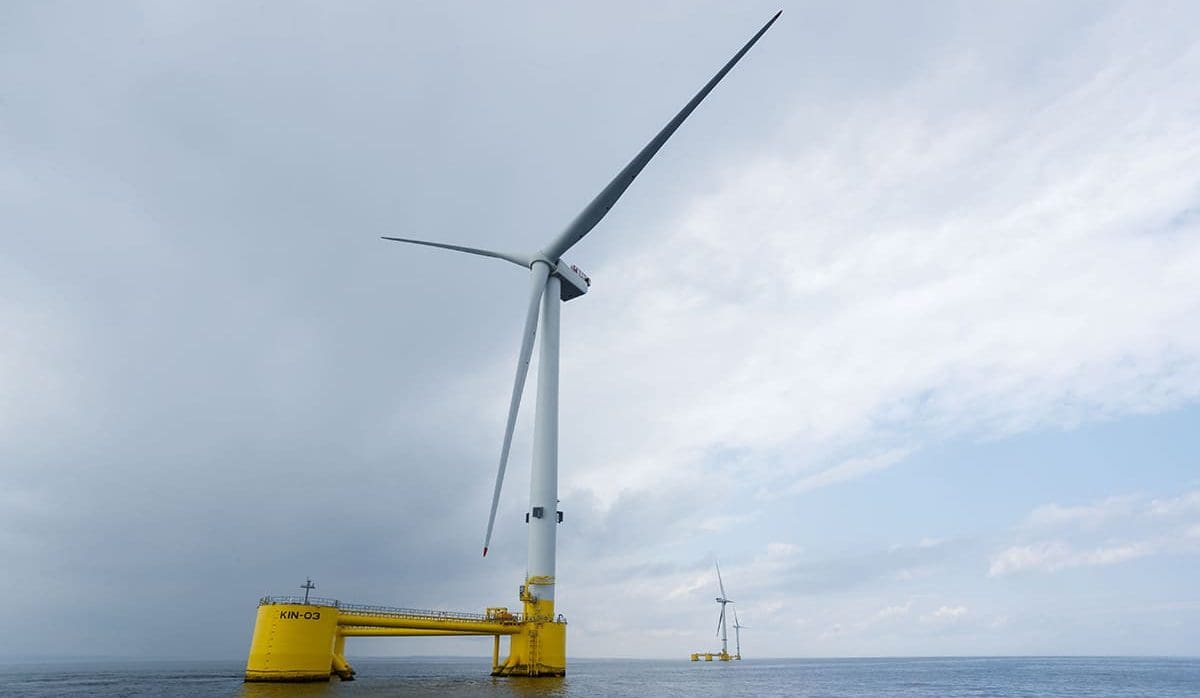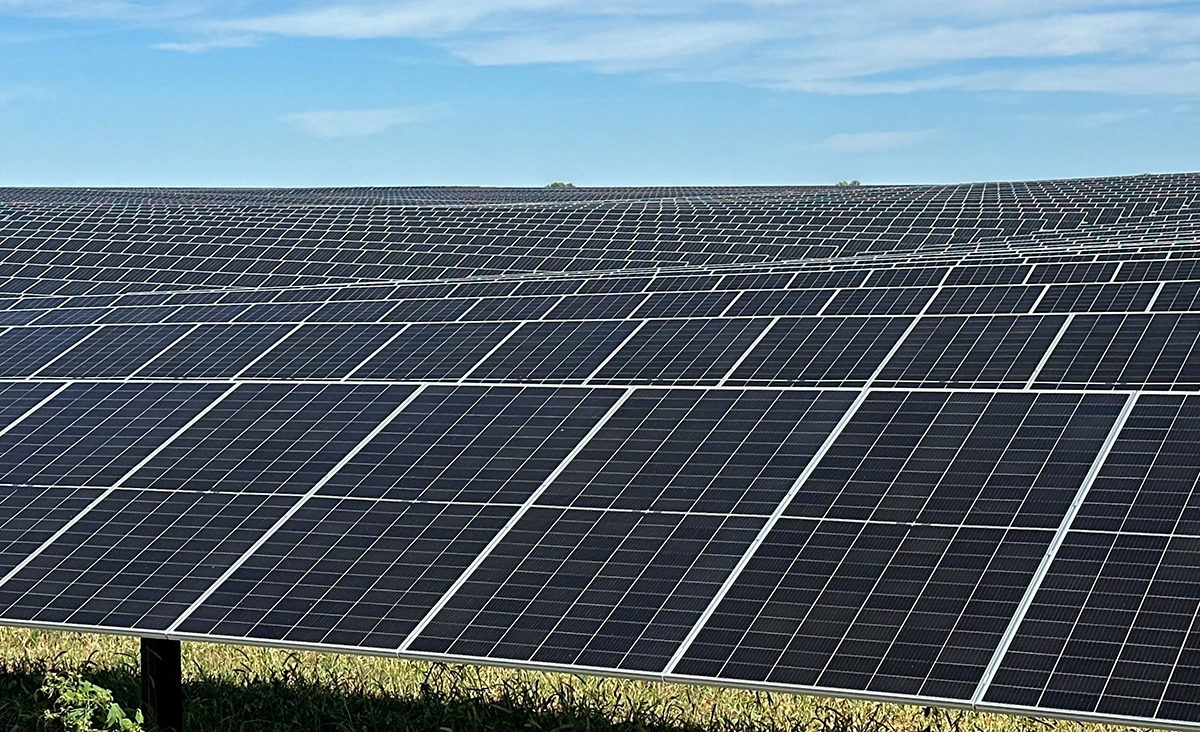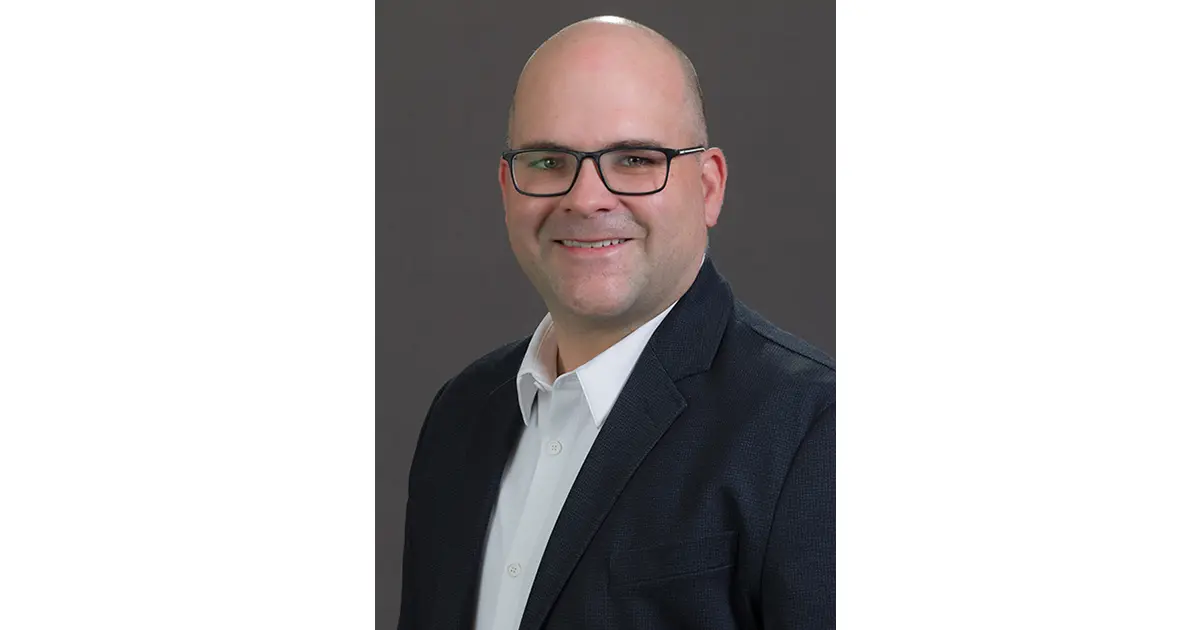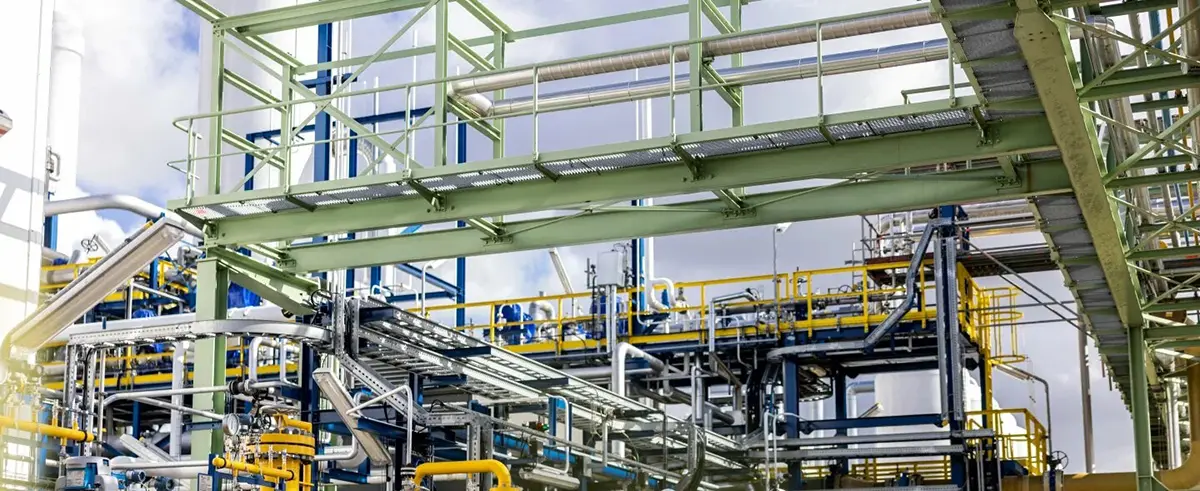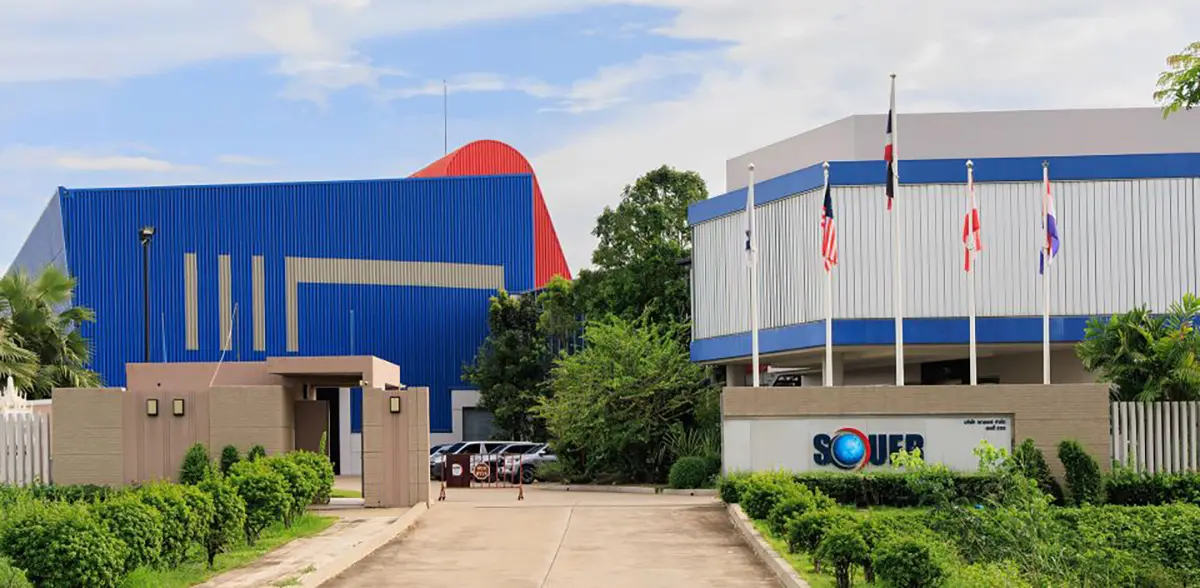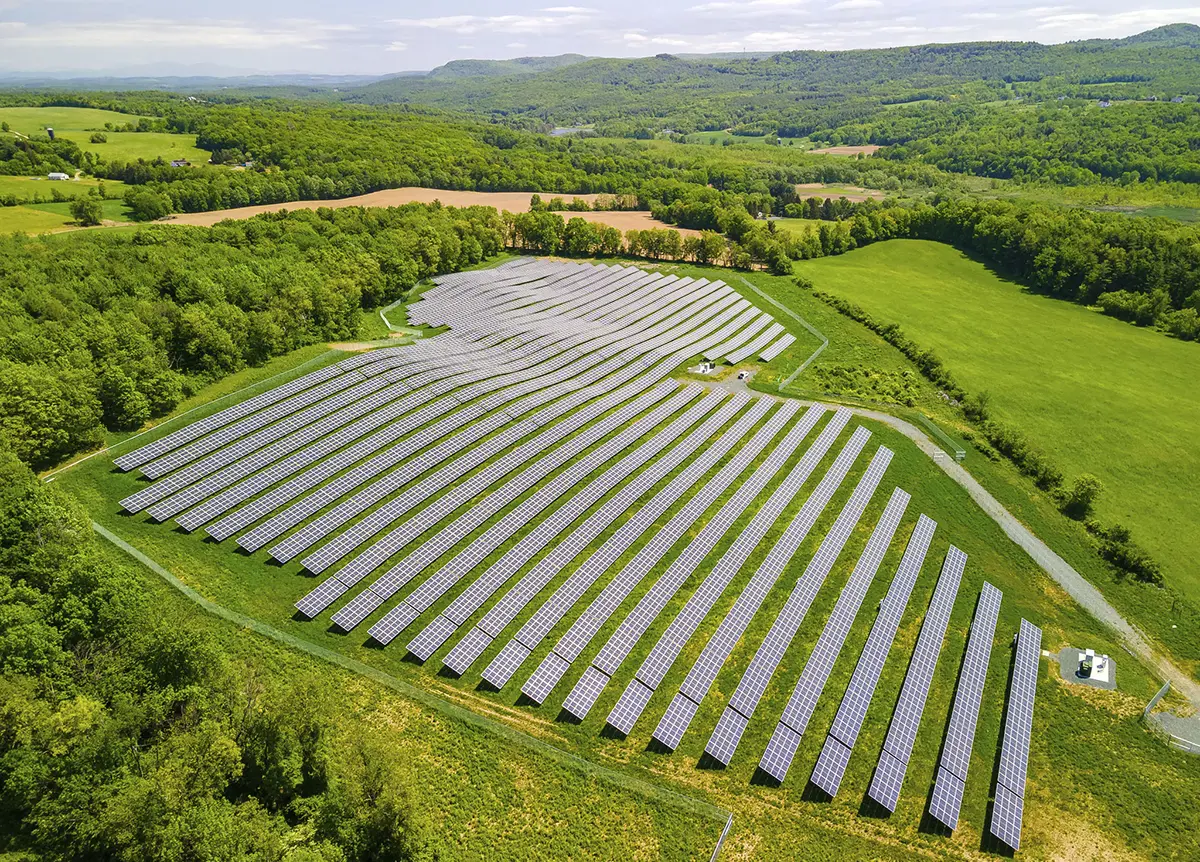
FuelCell Energy And Toyota Complete Renewable Electricity, Renewable Hydrogen, And Usable Water System
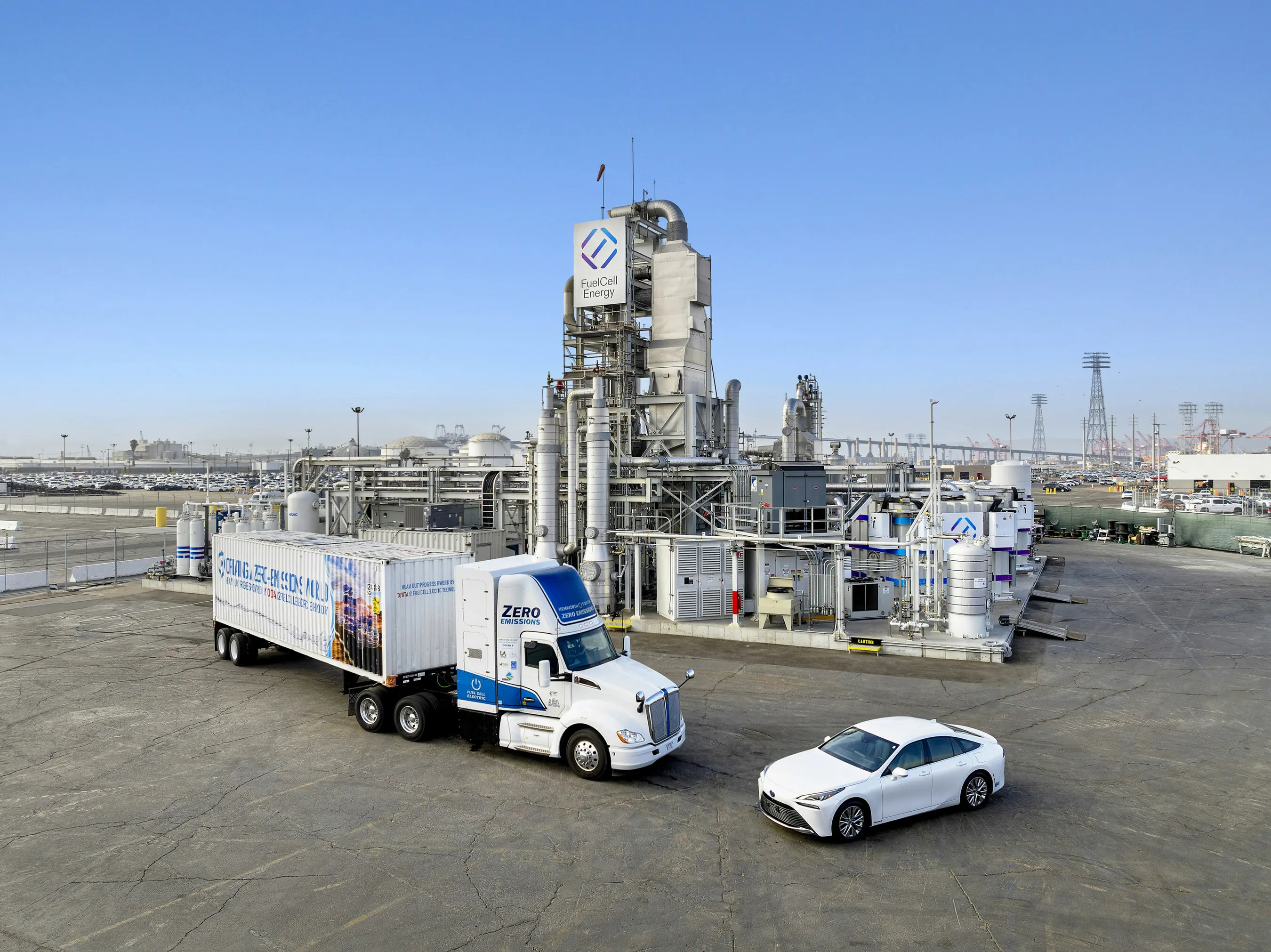
FuelCell Energy Inc. (FuelCell Energy) and Toyota Motor North America Inc. (Toyota) have announced the completion of the Tri-Generation (Tri-Gen) system at Toyota’s Port of Long Beach operations. The Tri-Gen system, owned and operated by FuelCell Energy, produces renewable electricity, renewable hydrogen, and water from directed biogas.
FuelCell Energy has contracted with Toyota to supply the products of Tri-Gen under a 20-year purchase agreement. Tri-Gen is an example of FuelCell Energy’s ability to scale hydrogen-powered fuel cell technology, an increasingly important energy solution in the global effort to reduce carbon emissions. Tri-Gen will enable Toyota Logistic Services (TLS) Long Beach to be the company’s first port vehicle processing facility in the world to be powered by onsite-generated 100% renewable energy. “By using only renewable hydrogen and electricity production, TLS Long Beach will blaze a trail for our company,” said Chris Reynolds, chief administrative officer at Toyota. “Working with FuelCell Energy, together we now have a facility that will help Toyota achieve its carbon reduction efforts, and the great news is this real-world example can be duplicated in many parts of the globe.”
“FuelCell Energy is committed to helping our customers surpass their clean energy objectives,” said FuelCell Energy Chief Executive Officer (CEO) Jason Few. “By working with FuelCell Energy, Toyota is making a powerful statement that hydrogen-based energy is good for business, local communities, and the environment. We are extremely pleased to showcase the versatility and sophistication of our fuel cell technology and to play a role in supporting Toyota’s environmental commitments.”
Tri-Gen Supports Toyota’s Port Facilities And Operations
FuelCell Energy’s fuel cell technology will support Toyota’s operations at the port through an electrochemical process that converts directed renewable biogas into electricity, hydrogen, and usable water with a highly efficient, combustion-free process that emits virtually no air pollutants.
Tri-Gen produces 2.3-MW of renewable electricity, part of which will be off-taken by TLS Long Beach to support its operations at the port, which processes approximately 200,000 new Toyota and Lexus vehicles annually. The FuelCell Energy Tri-Gen system can produce up to 2646 pounds (1200 kg) per day of hydrogen which will provide for TLS Long Beach’s fueling needs for its incoming light-duty fuel cell electric vehicle (FCEV) Mirai, while also supplying hydrogen to the nearby heavy-duty hydrogen refueling station to support TLS logistics and drayage operations at the port. Hydrogen production can be ramped up and down based on needs and requirements. Additionally, 1400 gallons (5300 liters) of water will be coproduced per day from Tri-Gen’s hydrogen production process and will be used by TLS Long Beach for car wash operations for vehicles that come into port prior to customer delivery. This will help decrease the use of constrained local water supplies by approximately half a million gallons per year.
Tri-Gen System Benefits The Community
By supporting TLS operations at the Port of Long Beach, Tri-Gen’s carbon neutral products are expected to reduce more than 9000 tons (8165 tonnes) of carbon dioxide emissions from the power grid each year. “Renewable hydrogen is an important fuel for the future of the Port of Long Beach and the shipping industry,” said Port of Long Beach CEO Mario Cordero. “The renewable hydrogen generated by the Tri-Gen system that Toyota commissioned, and similar projects, is part of our multi-strategy approach to help fuel the transition of equipment like locomotives, harbor craft, cargo-handling equipment, and trucks to zero emissions.”
Tri-Gen will also help to avoid more than six tons of grid NOx emissions, which are harmful to both people and the environment, and has the potential to reduce diesel consumption by more than 420,000 gallons (1.59 million liters) per year by using hydrogen-powered fuel cell trucks in port operations.
Additionally, excess electricity not used by TLS will be delivered to the local utility, Southern California Edison, under the California Bioenergy Market Adjustment Tariff program, adding a renewable, resilient, and affordable baseload electric generation resource to the electric grid.

